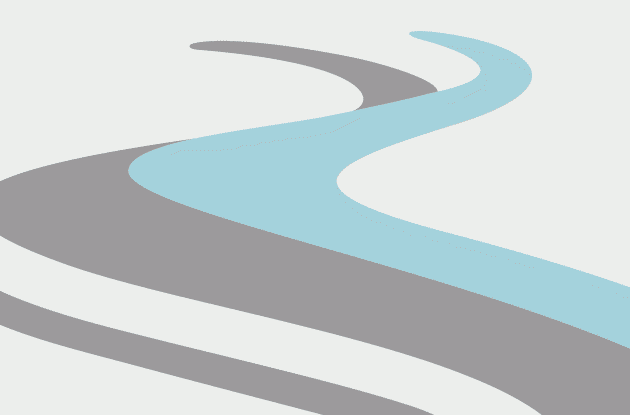UCI, Tour de France Drop French Anti-Doping Agency
Drug testing during this year's Tour de France will be carried out without the French Anti-Doping Agency, the president of the International Cycling Union said on Saturday.
Drug testing during this year's Tour de France will be carried out without the French Anti-Doping Agency (AFLD), the president of the International Cycling Union (UCI) said on Saturday.
The UCI and Tour organisers made the decision following a row with the AFLD over testing procedures during the 2009 race.
Speaking in an interview with Reuters at the Tour Down Under, UCI president Pat McQuaid added that the sport's governing body was in talks with the World Anti-Doping Agency (WADA) about collaborating on the Tour.
"Next July, the UCI will carry out the tests and we are in discussion with WADA so that it sends its observers to supervise the UCI's work during the race," said McQuaid.
"The Tour de France is the biggest cycling event in the world and we want to preserve it."
Last October, the UCI accused the AFLD of failures in its testing procedures after president of the French Anti-Doping Agency Pierre Bordry publicly criticised the governing body's work at the 2009 Tour.
An AFLD report on testing procedures during the race suggested Astana, the team of winner Alberto Contador and seven-times champion Lance Armstrong, were given preferential treatment.
Astana and the UCI dismissed the suggestions as groundless.
McQuaid promised there would be no room for debate over his testers's methods during the 2010 Tour.
"Every aspect of our work will be scrutinised. I want to say that (Tour de France organisers) ASO completely agree with us," he said.
"I must protect our sport. I do not accept doping in cycling, it is unacceptable but cycling is the sport that has been making the biggest efforts and I cannot accept AFLD's criticism."
McQuaid, however, said no arrangements had been made yet for the other UCI-sanctioned races on French soil, such as Paris-Nice, Paris-Roubaix and the Dauphine Libere.
"We are in talks with the president of the French Cycling Federation (FFC) because the FFC is responsible for the controls on these races but no decisions have been made," the Irishman said.
He added the sport had made huge progress in tracking the cheats thanks to the biological passport.
"I am convinced that cycling is on the right path but we must continue our efforts. With the biological passport... with our collaboration with the teams, I think we will soon come to the point where the fans will watch the riders' performances with no doubt about how they achieved them," he said.
"There will always be black sheep, crazy riders who make mistakes but the riders must understand that it is not possible anymore to dope. That is the case for the very large majority of them."








